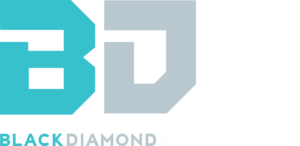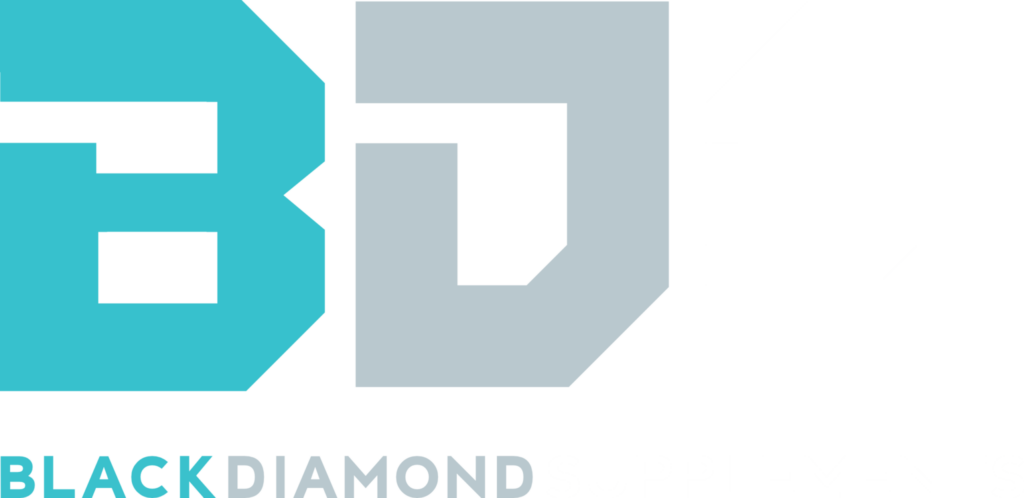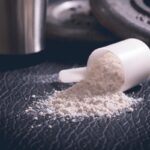One of the most frequent questions we get as supplement lovers are from athletes that are skeptical of supplements. They always pose the question – do I really need supplements? How much will they really help with my performance? Is it worth the costs?
Here is the truth – No! You absolutely do not need supplements in order to achieve your fitness goals. With that said however, we do believe that strategically using supplements can greatly help you smash your fitness goals much faster.
This is especially true with one of our staff favorites – creatine. There are many different types of creatine blends, but for this blog, we will stick with the tried and true creatine monohydrate AKA Creatine Mono. Creatine Mono is not only the cheapest form of creatine, but is also the most studied.
Aside from the obvious performance benefits of creatine mono (One study found 8% gain in maximum strength and a 14% increase in the number of repetitions done with a sub-maximal load1), there are many other reasons we think creatine mono should be a long term play in your supplement stack.
One of the unknown benefits of creatine is that it can increase testosterone and decrease cortisol (your stress hormone that is responsible for unwanted abdominal fat and higher anxiety levels). We found a very interesting study we’d like to share from Suppversity:
“Under the direction of professional fitness instructors, all resistance exercise sessions took placed in a weight training room. Participants performed resistance exercises at day 3, 5, and 7. During each session, subjects performed 3 × 10-rep of 9 exercises that included: Bench press, shoulder press, lat-pull down, arm curl, squats, leg press, leg extension, leg curl, and abdominal crunches. The intensity of program was determined at 75 or 85% of one repetition maximum. A minute break between sets of exercise was allowed for rest. The subjects were not allowed to increase the lifting load during exercises”
| Figure 1: Relative changes in testosterone and cortisol at rest vs. baseline (Arazi. 2015). |
“As the data in Figure 1 tells you, the combined resistance training + supplementation regimen lead to significant changes in resting testosterone and cortisol concentrations from baseline to 5 and 7 days supplementation in Cr group (P < 0.05). In addition, Cr group had significant higher resting testosterone concentration compared to Pl group after 5 and 7 days of creatine loading (P < 0.05)”
Many people think that creatine is only good for getting big and bulky, but little do they know that it is also extremely useful during a cut. Not only can creatine help retain muscle while in a caloric deficit, it can also keep testosterone levels higher while simultaneously keeping cortisol levels lower. During a cut, testosterone and cortisone are two of the most affected hormones (in a negative way).
In conclusion, we truly believe that creatine should be an absolute must in your supplement cabinet, whether you are a hardcore athlete looking to gain a performance boost, or a casual fitness enthusiast looking to keep their hormones in check during a weight loss phase.
Be sure to check out our online store, as we often times have amazing creatine deals running!
References:
- Rawson ES, Volek JS. Effects of creatine supplementation and resistance training on muscle strength and weightlifting performance. J Strength Cond Res. (2003) 17(4):822-31.
- http://suppversity.blogspot.com/2015/02/increased-testosterone-lower-cortisol.html
- Arazi, H., et al. “Effects of short term creatine supplementation and resistance exercises on resting hormonal and cardiovascular responses.” Science & Sports (2015).
- Hall, Matthew, and Thomas H. Trojian. “Creatine supplementation.” Current sports medicine reports 12.4 (2013): 240-244.
- MacLaren, Don. “Chapter 18-Supplements for high intensity exercise: Creatine and other ergogenic aids: Chapter taken from Drugs in Sport ISBN: 978-0-203-87382-3.” Routledge Online Studies on the Olympic and Paralympic Games 1.43 (2012): 247-261.
- Moret, Sabrina, Annalisa Prevarin, and Franco Tubaro. “Levels of creatine, organic contaminants and heavy metals in creatine dietary supplements.” Food Chemistry 126.3 (2011): 1232-1238.
- Rawson, Eric S., et al. “Low-dose creatine supplementation enhances fatigue resistance in the absence of weight gain.” Nutrition 27.4 (2011): 451-455.






